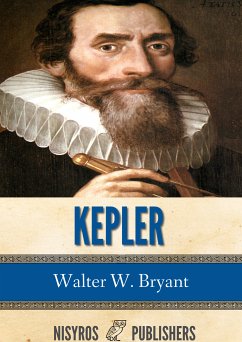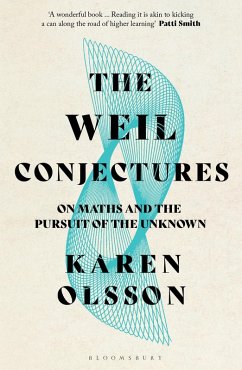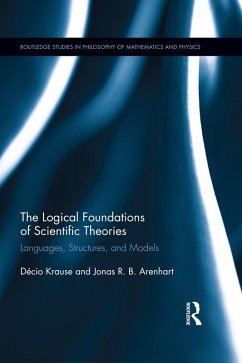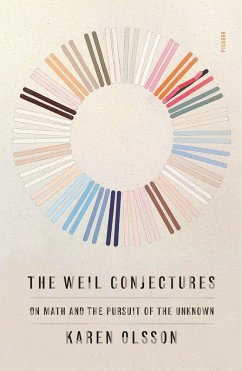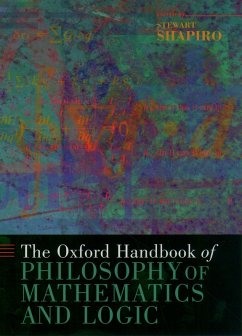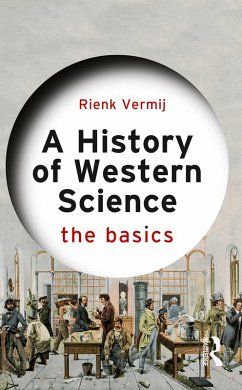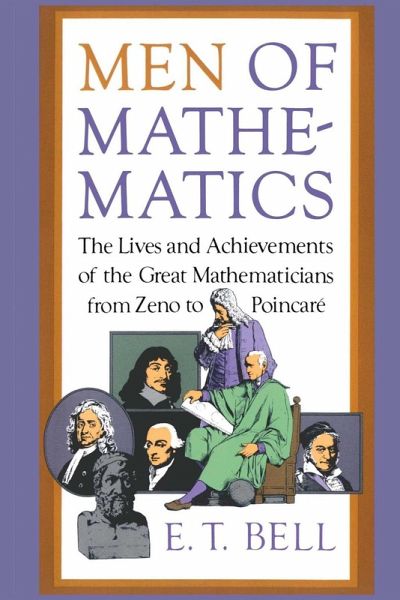
Men of Mathematics (eBook, ePUB)

PAYBACK Punkte
0 °P sammeln!
From one of the greatest minds in contemporary mathematics, Professor E.T. Bell, comes a witty, accessible, and fascinating look at the beautiful craft and enthralling history of mathematics.Men of Mathematics provides a rich account of major mathematical milestones, from the geometry of the Greeks through Newton's calculus, and on to the laws of probability, symbolic logic, and the fourth dimension. Bell breaks down this majestic history of ideas into a series of engrossing biographies of the great mathematicians who made progress possibleand who also led intriguing, complicated, and often su...
From one of the greatest minds in contemporary mathematics, Professor E.T. Bell, comes a witty, accessible, and fascinating look at the beautiful craft and enthralling history of mathematics.
Men of Mathematics provides a rich account of major mathematical milestones, from the geometry of the Greeks through Newton's calculus, and on to the laws of probability, symbolic logic, and the fourth dimension. Bell breaks down this majestic history of ideas into a series of engrossing biographies of the great mathematicians who made progress possibleand who also led intriguing, complicated, and often surprisingly entertaining lives.
Never pedantic or dense, Bell writes with clarity and simplicity to distill great mathematical concepts into their most understandable forms for the curious everyday reader. Anyone with an interest in math may learn from these rich lessons, an advanced degree or extensive research is never necessary.
Men of Mathematics provides a rich account of major mathematical milestones, from the geometry of the Greeks through Newton's calculus, and on to the laws of probability, symbolic logic, and the fourth dimension. Bell breaks down this majestic history of ideas into a series of engrossing biographies of the great mathematicians who made progress possibleand who also led intriguing, complicated, and often surprisingly entertaining lives.
Never pedantic or dense, Bell writes with clarity and simplicity to distill great mathematical concepts into their most understandable forms for the curious everyday reader. Anyone with an interest in math may learn from these rich lessons, an advanced degree or extensive research is never necessary.
Dieser Download kann aus rechtlichen Gründen nur mit Rechnungsadresse in A, B, BG, CY, CZ, D, DK, EW, E, FIN, F, GR, HR, H, I, LT, L, LR, M, NL, PL, P, R, S, SLO, SK ausgeliefert werden.





